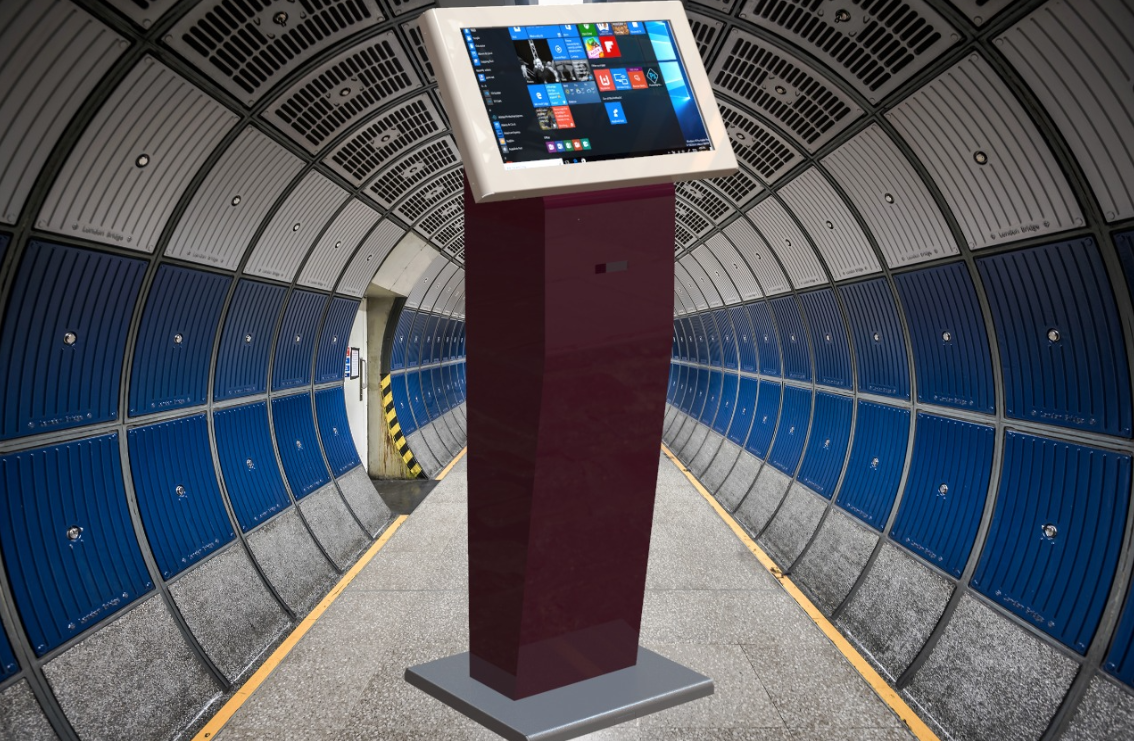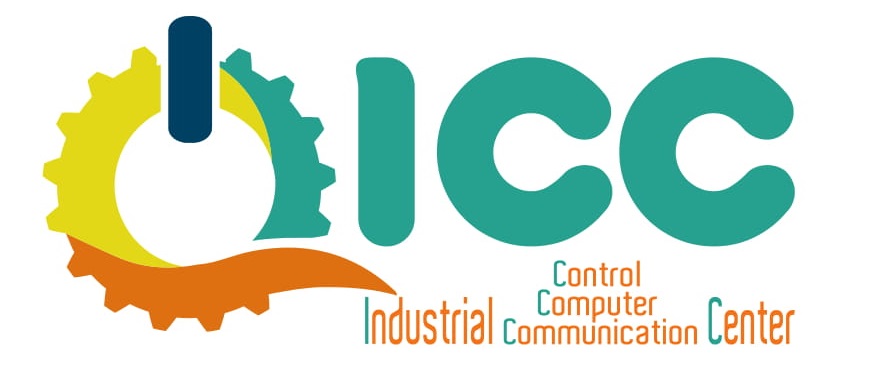

9.01.2024 17:03:01
Advantages of Kiosk Use in Industry
Pubblicato da: ICC Dijital
Kiosk use in industry is a common practice in many different sectors and business areas. Kiosks are automated devices that help people perform certain tasks quickly and effectively. Here are examples of kiosk usage in industry:
- Retail Industry:
- Payment Kiosks: Allow customers to select and pay for products.
- Self-Service Kiosks: Provide functions such as product information, inventory control, ordering and product comparison.
2. Restaurant and Food and Beverage Industry:
- Ordering Kiosks: Help customers order and pay for food.
- Customized Menu Kiosks: Allow customers to customize their meal options.
3. Airports and Transportation Sector:
- Check-in Kiosks: Help passengers register for their flights and obtain boarding passes.
- Baggage Drop Kiosks: Used to deliver luggage.
- Ticket Sales Kiosks: Help passengers purchase their tickets.
4. Banking and Finance Sector:
- ATMs: Used to perform transactions such as withdrawing cash, depositing money, and viewing account information.
- Bank Branch Kiosks: Facilitate customer service, account information and financial transactions.
5. Health Services:
- Appointment Booking Kiosks: Help patients make doctor appointments.
- Medication Dispensing Kiosks: Make it easier for patients to get their prescription medications.
- Health Information Kiosks: Used to share health information and provide access to health services.
6. Education:
- Student Information Kiosks: Provide information and guidance to students on campuses.
- Library Kiosks: Used to borrow and return books and access library resources.
7. Industry and Production:
- Production Line Control Kiosks: Used to monitor and control production processes.
.
There are several advantages of using kiosks in industrial production. Here are some of these advantages:
- Automation and Efficiency: Kiosks can reduce human intervention by automating production processes. They may perform tasks such as monitoring production lines, collecting product data, or controlling production processes. This can help make production processes faster and more efficient.
- Error Reduction: Reducing human errors is another advantage of using kiosks. Kiosks perform programmed tasks consistently and minimize human errors. This can improve product quality.
- Instant Data Access: Production kiosks provide easy access to instant data and performance information. This is crucial to monitor production processes and intervene quickly when necessary.
- Labor Savings: Kiosks can perform some tasks without the need for human labor. This can reduce labor costs and help companies operate more sustainably.
- Traceability: Production kiosks can increase the traceability of products. It becomes easier to track where products are, what stage they are in, and how long they took to be produced.
- Customizability: Manufacturing kiosks can be customized according to the needs of businesses. They can be designed to suit specific production processes or workflows.
- Operational Security: Kiosks can automatically enforce certain security protocols and increase workplace safety. For example, they can provide access control to certain areas.
- Data Analysis: With the ability to collect and analyze data, manufacturing kiosks can help businesses make data-driven decisions for continuous improvement.
- Rapid Response: Manufacturing kiosks can help businesses respond to sudden issues faster by enabling problems to be identified and resolved quickly.
As a result, using kiosks in industrial production can increase efficiency, reduce errors, reduce costs and help businesses become more competitive. However, good design, correct integration and maintenance of kiosk systems are important.
ICC DIGITAL INDUSTRIAL TECHNOLOGIES Bv.
Wittestraat 103/Bus 2, 2020 Antwerpen Belgio
Telefono: +32 486 52 34 00
E-Mail: info@iccdigital.eu
Web: https://www.iccdigital.eu
IVA / BTW: BE 0793.849.582

